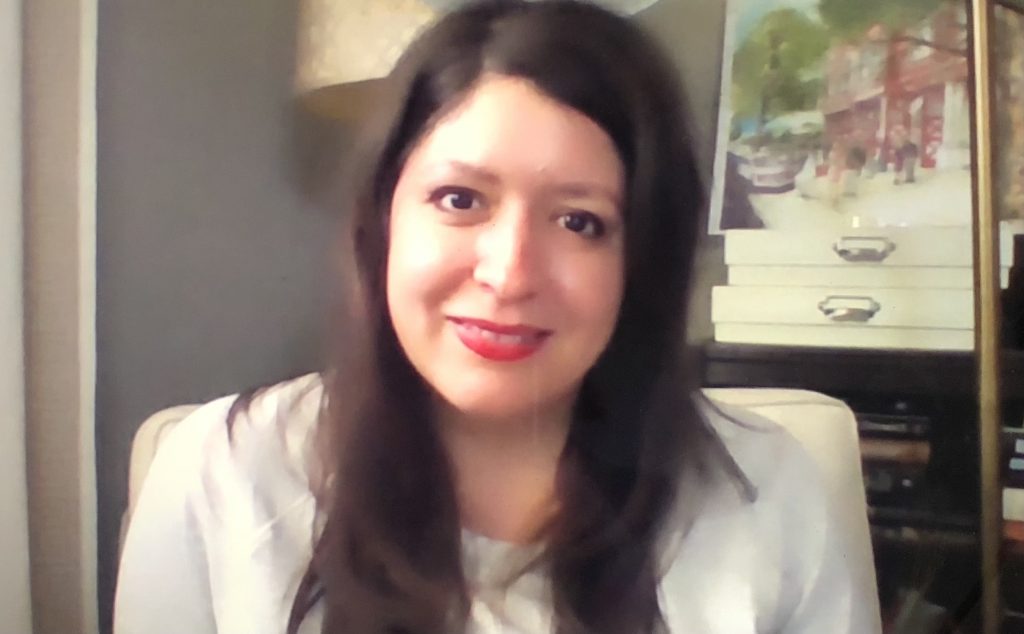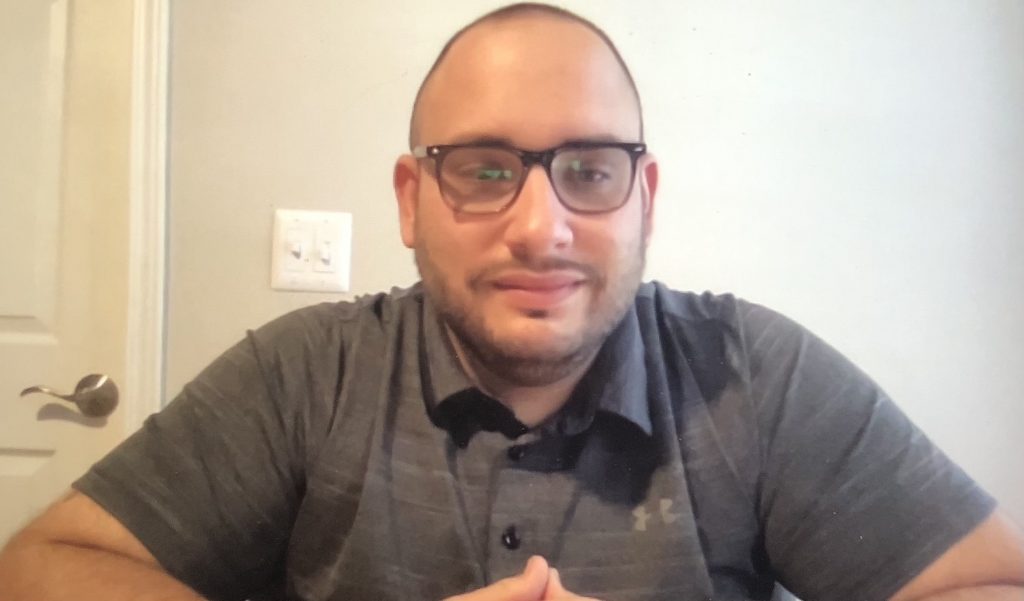Whether it is due to stigma, a past criminal record or debilitating symptoms, people with mental illness find it harder to secure employment. Georgia has the fourth-highest prevalence of mental illness in the nation. With the pervasiveness of mental illness in Georgia, how can we combat unemployment in this population? Clubhouse Atlanta aims to lower unemployment in individuals with mental illnesses by providing support and resources to members of the community.
Why It’s Newsworthy: Clubhouse Atlanta is combatting unemployment in individuals with mental illnesses through a residential and community-based approach.
The Importance of Employment
According to a UK survey from The Mental Health Foundation, over half of mentally ill workers felt they had definitely or possibly been turned down for a position due to their mental illness. Fifteen percent of respondents reported believing they were passed up for a promotion due to their mental illness.
Katie McFarland, a staff member at Advantage Behavioral Health Systems in Athens, Georgia, said stigma can play a role in barring individuals with mental illness from employment.
“That [stigma] might scare coworkers or potential employers. They hear something about mental illness and are afraid to employ that person,” said McFarland.

For individuals living with mental illnesses, employment can greatly improve their quality of life, which is why McFarland stresses the importance of finding employment for people with mental illnesses.
“I would say that they’re just like anybody else in this world,” said McFarland. “Income, a sense of belonging, a sense of purpose, something to do, structure in our lives — all of these sorts of things are extremely important for our wellbeing.”
Freddy Morello Jr., the executive director of Clubhouse Atlanta in Atlanta, Georgia, echoed McFarland’s sentiment.
“In my opinion, employment is probably one of the most important, if not the most important thing for individuals with mental illness to have,” Morello Jr. said. “Individuals that are living with mental illness need three things: good psychiatric support, good medical support and good community support. The employment aspect fits in with that community support.”
What Does Clubhouse Atlanta Do?
Clubhouses are residential organizations aimed toward securing employment, housing, healthcare, community and education for people living with mental illnesses. Part of Clubhouse International, Clubhouse Atlanta opened its doors on Oct. 1, 2020. The organization has garnered 16 members, with more than 60 people on the waiting list.

At Clubhouse Atlanta, Morello Jr. said they use a transitional employment program to help members with job searching.
“What we do is focus on the IPS model of employment where we get out there into the community, applying for jobs right away,” said Morello Jr. “We try to get people into the clubhouse, getting them to work on refining their skills. We really focus on building that individual up, and then we put them through the process of making sure they have updated resumes and things like that.”
Finding employment for members is a complicated process. Morello is personally involved with securing employment for members of the clubhouse, even taking on members’ shifts to ensure they keep their job.
Since its opening, Clubhouse Atlanta has seen 30-35% of its members secure employment. Other members are in the process of job searching, receiving an education or are not currently seeking employment. With help from Clubhouse Atlanta, members have been able to achieve things they could not do before.
“We have one member who when she first came to us, she was afraid to even sit in front of a computer. She has since overcome it and works on the computer everyday. She is actively job searching and has had three [or] four interviews up to this point,” said Morello Jr.
As Clubhouse Atlanta has only been open for five months, it is hard to gauge rates of success in terms of employment. However, Morello Jr.’s experience in working with Clubhouses for over a decade has shown him several success stories. Morello explained how one man went from unengaged and hopeless to becoming a driven, successful individual through his involvement in a Clubhouse.
Due to its newness, the organization still faces many limitations. There are only two staff on hand to accommodate 16 members, and funding is still limited.
“In the immediate future, I wish we could do a lot more with education, because that’s really the foundation to then springboarding people more into the career-development side of things,” said Morello Jr. “If I was able to increase staffing levels sooner, we’d be able to get out in the community to do a lot more job development. We’d also be able to work on those one-on-one relationships with our members to help them get themselves back out there.”
Mia Watson is a senior majoring in journalism at the Grady College of Journalism and Mass Communication at the University of Georgia.









Show Comments (1)